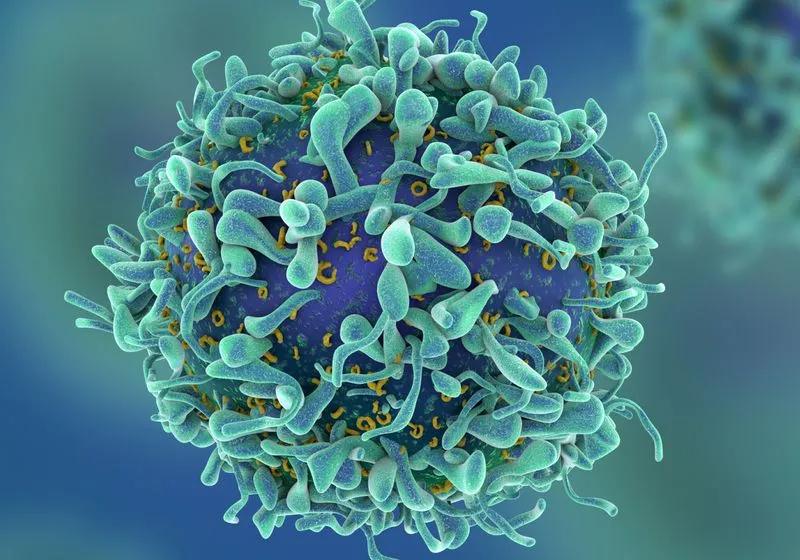Acute Lymphoblastic Leukemia: Understanding the Role of Epigenetics and Aging

Understanding the Connection Between Epigenetic Factors and Cancer
Acute lymphoblastic leukemia (ALL) is a complex condition influenced by genetics and the aging process. Epigenetic changes can lead to significant alterations in cell behavior, promoting the onset of cancer. Researchers have begun to highlight the role of senescence in the aging immune system, affecting T cell responses. This insight could reshape our approach to treatment.
The Impact of Aging on Immune Response
Aging is linked to T cell exhaustion, a state where T cells become less effective at fighting cancer. Understanding how these cells evolve over time can help develop new therapeutic strategies.
- Investigating genetic markers in ALL
- Examining T cell behavior in aging
- Potential therapies targeting epigenetic changes
Future Directions in Cancer Research
Exploring the intricate relationship between aging, genetics, and acute lymphoblastic leukemia can lead to breakthroughs in cancer therapy, enhancing patient outcomes.
Disclaimer: The information provided on this site is for informational purposes only and is not intended as medical advice. We are not responsible for any actions taken based on the content of this site. Always consult a qualified healthcare provider for medical advice, diagnosis, and treatment. We source our news from reputable sources and provide links to the original articles. We do not endorse or assume responsibility for the accuracy of the information contained in external sources.
This article was prepared using information from open sources in accordance with the principles of Ethical Policy. The editorial team is not responsible for absolute accuracy, as it relies on data from the sources referenced.